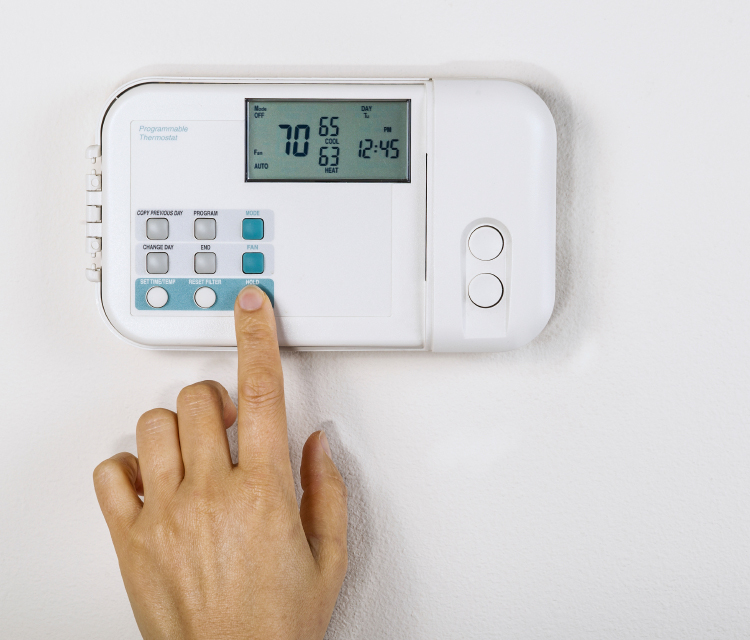
The rising costs of gas and construction materials, as well as increased competition mean that small to medium construction companies have to work hard to keep costs to a minimum. One of the ways to do this is to conserve energy and water onsite. However, there are really great reasons why you should turn on the HVAC and leave it on for the duration of your build.
Meet ASTM Compliance Levels
One of the most important reasons for keeping the HVAC on is moisture control. Leaving the HVAC on will establish the home’s ambient moisture and temperature conditions. This will allow for the increase or decrease of moisture levels in building materials as they adjust to the new ambient conditions in the home. Accurate moisture control is key for proof of warranty, while limiting liability, and complying with industry standards on how to effectively manage moisture. The ASTM F2170 standard demands that a concrete slab as well as the air around it be acclimated to ambient conditions for at least 48 hours before RH testing.
Improved Flooring Installations
You can accelerate the drying time of your concrete slab and its adjustment to the service moisture conditions of the home by leaving on the HVAC system. By stabilizing ambient conditions and ensuring a continuous airflow, you can move excess moisture out of the home.
You can ensure a better flooring installation and reduce callbacks by allowing subflooring panels and wood flooring to acclimate to the in-home moisture levels. Successful flooring installations rely on every component of the flooring system being exposed to service conditions until they reach the required moisture content prior to the flooring being installed. This will help prevent flooring components from expanding or contracting (other than season changes) which can lead to uneven flooring.
Indoor Air Quality
The off-gassing of materials can significantly impact the indoor air quality. This may affect your workers who are operating in confined spaces and the home occupants when your build is complete. Keeping the HVAC system on will help to vent gases outside and bring in fresh air to improve air quality.
Turning off the HVAC system will also mean that the home is affected by temperature and humidity fluctuations. This can cause building materials to expand and contract which can lead to other callback issues. While turning off the HVAC system will save a little money in the short term, it may lead to bigger long-term problems and expensive callbacks.
